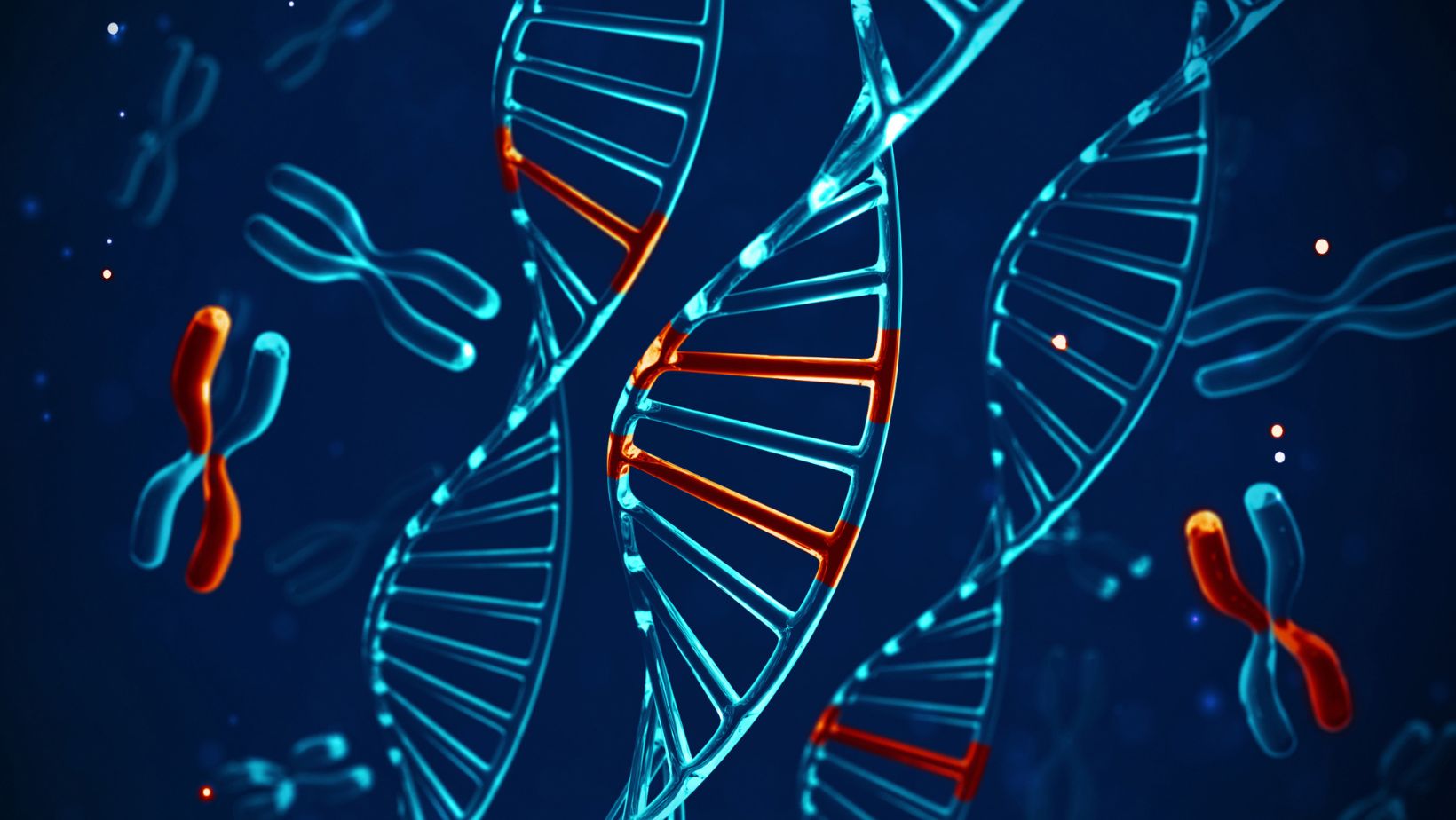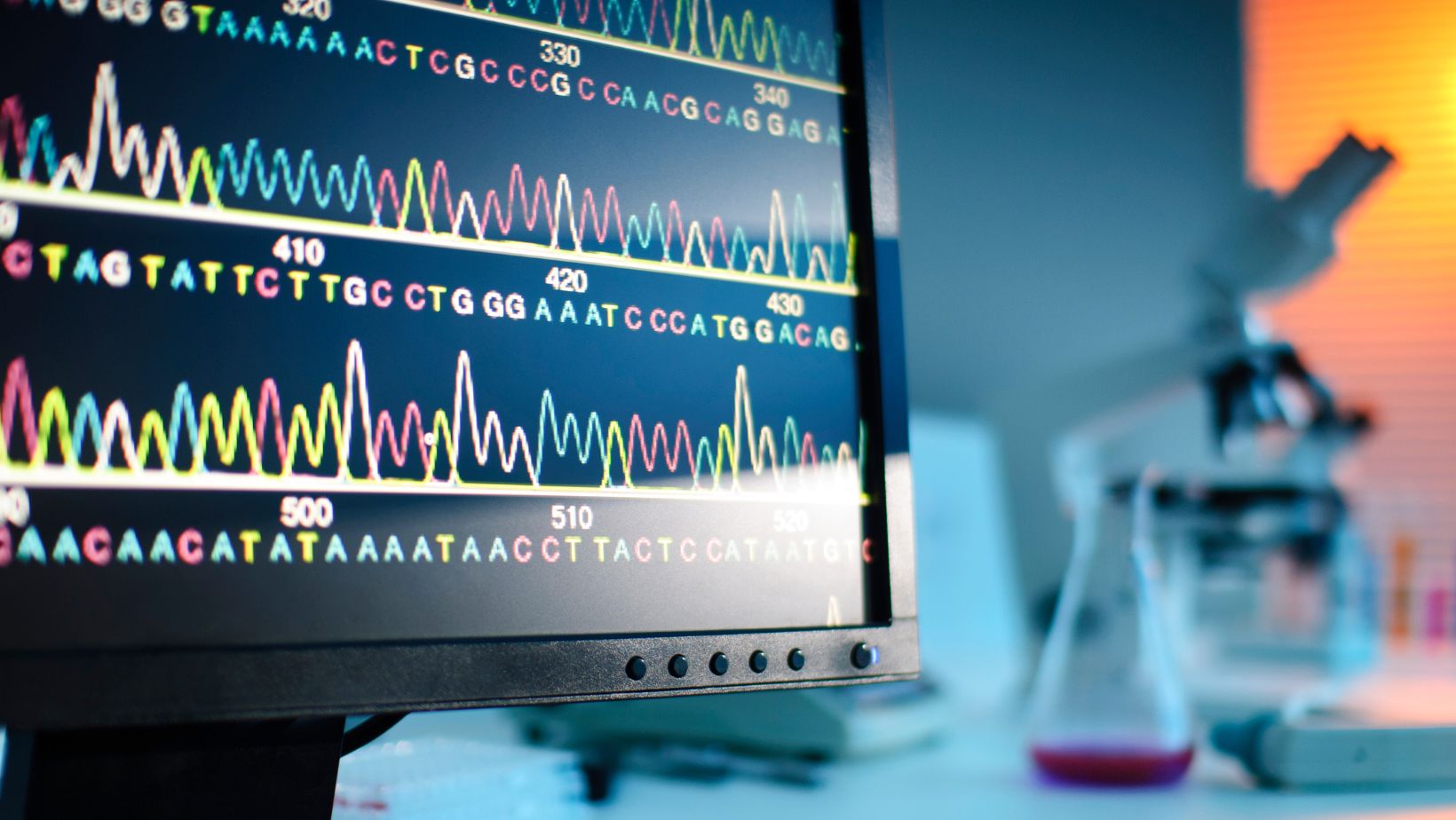DNA technology isn’t just for crime shows and paternity tests anymore; it’s revolutionizing fields from medicine to agriculture. Imagine a world where diseases are detected before they even think about knocking on your door, or where crops grow like they’re on a superfood diet. That’s the magic of DNA technology, and it’s not just a science fiction fantasy—it’s happening right now.
One of the standout advantages of this cutting-edge tech is its ability to personalize medicine. Instead of a one-size-fits-all approach, treatments can be tailored to an individual’s unique genetic makeup. This means better outcomes and fewer side effects. So, if you’ve ever wished for a health solution that’s as unique as your favorite pizza topping, DNA technology might just be the slice of innovation you’ve been craving.
Which Is an Advantage of Using DNA Technology?
DNA technology encompasses a variety of methods used to analyze genetic material. Its applications span multiple fields, making it a versatile tool. Medical research benefits significantly from this technology, as it enables the early detection of diseases. Personalized medicine, which tailors treatments based on an individual’s genetic information, improves health outcomes and minimizes adverse effects.
Agriculture experiences notable advancements due to DNA technology as well. Genetic modification enhances crop resistance to pests and environmental stresses. Farmers utilize this technology to cultivate high-yielding crops that thrive under various conditions. Through genomic editing, scientists create more nutritious food options to address global hunger.
Additionally, forensics employs DNA technology to solve crimes and establish identities. Accurate DNA profiling aids in swift resolution of criminal cases. It serves as critical evidence in court, bolstering the integrity of legal processes.
Research institutions leverage DNA technology for various scientific explorations. This technology advances understanding of hereditary diseases and genetic disorders. Information obtained from genomic studies contributes to broader knowledge of human health and evolution.
Collaboration between disciplines, such as biology and computer science, enhances the capabilities of DNA technology. Bioinformatics tools analyze complex genetic data, facilitating breakthroughs in research.
Overall, DNA technology serves as a cornerstone for innovation across medicine, agriculture, and forensic science. Its capacity to personalize healthcare and boost food production demonstrates its vital role in addressing contemporary challenges.
Key Advantages of DNA Technology

DNA technology offers substantial benefits across various fields, significantly enhancing accuracy and treatment options.
Enhanced Accuracy in Diagnosis
DNA technology ensures precise identification of genetic disorders. It allows healthcare professionals to diagnose conditions at an early stage. Advanced techniques such as whole-genome sequencing facilitate the detection of mutations that contribute to diseases. Genetic testing identifies inherited conditions in individuals, enabling timely interventions. Data from genomic studies supports the understanding of complex diseases, improving diagnostic methods. For example, targeted screening for hereditary cancers can reveal mutations in genes like BRCA1 and BRCA2, guiding preventative measures. Overall, enhanced diagnostic accuracy contributes to better patient care and management.
Improved Treatment Options
DNA technology revolutionizes treatment plans for various health conditions. Personalized medicine emerges as a defining aspect of modern healthcare. Tailored therapies based on an individual’s genetic makeup optimize treatment efficacy and minimize adverse effects. Cancer treatments exemplify this approach, with targeted therapies designed to attack specific mutations in tumors. Pharmacogenomics, the study of how genes affect drug responses, directs medication choices for better results. Additionally, knowing a patient’s genetic profile helps in predicting responses to therapies, facilitating a unique treatment journey. Enhanced treatment options lead to improved outcomes and overall patient satisfaction.
Applications in Forensic Science
DNA technology plays a pivotal role in forensic science. Its precise methodologies significantly enhance the accuracy and reliability of criminal investigations.
Crime Scene Investigation
Evidence collected from crime scenes often includes biological materials such as blood, hair, and tissue. Analyzing these samples using DNA technology ensures investigators can identify and link suspects to a crime scene efficiently. In many cases, even minute traces of DNA can yield results, providing critical evidence that might turn a case around. Moreover, this technology helps eliminate wrongful accusations by matching DNA profiles to databases, ensuring justice prevails.
DNA Profiling
DNA profiling presents a powerful tool for establishing identity and resolving legal matters. When used in forensics, profiling distinguishes individuals with remarkable precision. Law enforcement agencies often rely on this technique to compare DNA samples from crime scenes with known suspects. Additionally, familial DNA searches can identify potential relatives of perpetrators, expanding investigative leads. The implementation of DNA databases enhances the ability to solve cold cases, making DNA profiling an essential asset in modern forensic science.
Impacts on Genetic Research

DNA technology significantly influences genetic research, providing essential insights into hereditary diseases and treatment options.
Disease Prevention
Disease prevention benefits greatly from advancements in DNA technology. Early detection of genetic predispositions empowers individuals with critical information. Screenings like whole-genome sequencing identify mutations linked to specific disorders. Genetic counseling follows, offering personalized strategies to manage risks. Population health strategies prioritize individuals at higher risk based on genetic factors. Programs promoting lifestyle changes emerge, aiming to reduce disease incidence through informed choices. Overall, these technologies lay the groundwork for proactive health measures.
Genetic Engineering
Genetic engineering showcases the transformative power of DNA technology. Scientists manipulate genes to enhance crop yields and resistance to pests. Techniques like CRISPR allow precise alterations in DNA sequences. Researchers develop genetically modified organisms (GMOs) to address food security. A focus on nutritional enhancements addresses global hunger issues. Innovations extend to pharmaceuticals, where engineered microbes produce valuable medications. Regulatory frameworks evolve alongside advancements to ensure safety and effectiveness. These efforts redefine possibilities in agriculture and medicine, benefiting society at large.
Ethical Considerations
Ethical considerations associated with DNA technology involve various aspects that society must address. Privacy concerns arise as genetic information becomes easily accessible. Individuals may fear unauthorized access to their DNA data, highlighting the necessity for strict regulations.
Informed consent plays a critical role in DNA testing processes. Participants in genetic studies must understand potential outcomes and implications of their involvement. Scientists and researchers should prioritize clear communication to ensure that consent is genuinely informed.
Another significant factor includes the risk of genetic discrimination. Employers or insurers might misuse genetic data against individuals, creating an atmosphere of mistrust. Legal protections against such discrimination are essential to safeguard individual rights.
Equitable access to advancements in DNA technology presents a challenge, especially in healthcare. Socio-economic disparities could limit specific populations from benefiting from these innovations. Addressing these gaps ensures broader societal benefits from scientific progress.
Additionally, the implications of gene editing techniques, such as CRISPR, raise questions about long-term effects. Manipulating genetic material introduces potential risks to ecosystems and biodiversity that demand careful consideration. Thoughtful discourse within scientific communities and the public is necessary to evaluate ethical boundaries.
Societal acceptance of DNA technology fluctuates, influenced by cultural perspectives and values. Public education efforts regarding DNA applications can enhance understanding and trust. Engaging communities in discussions about ethical practices fosters a collective approach to navigating these complexities.
Finally, ongoing ethical evaluation of DNA technology should remain a priority for researchers and policymakers. Continuous assessment ensures that benefits extend fairly across society while respecting individual rights and freedoms.
DNA Tech
The advantages of DNA technology are vast and transformative. Its ability to provide personalized medical treatments is revolutionizing healthcare by improving outcomes and minimizing side effects. In agriculture, it enhances crop resilience and yields, addressing global food security challenges. Forensic science benefits immensely from DNA profiling, ensuring accurate crime scene investigations and reducing wrongful accusations.
As DNA technology continues to evolve, it holds the promise of significant advancements in various fields. However, it’s crucial to navigate the associated ethical considerations to ensure that its benefits are accessible and equitable. Embracing these innovations responsibly can lead to a healthier and more secure future for all.



